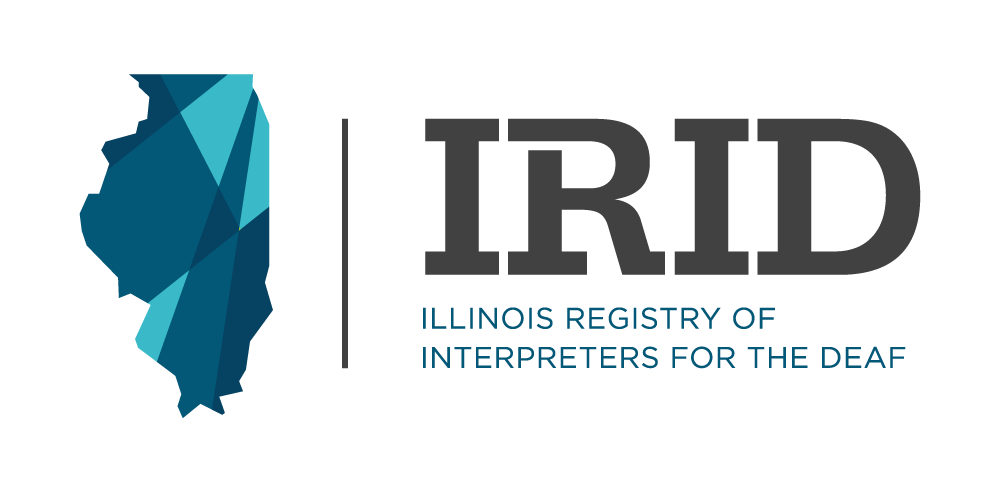How to Work With an Interpreter
What is an interpreter?
The role of an interpreter is to bridge the gap and facilitate communication between signed and spoken languages. The National Registry of Interpreters for the Deaf (RID) has a set of ethical and professional guidelines that interpreters must follow in order to protect themselves and those they provide services for.
Where can I hire an interpreter?
Hiring an interpreter can be daunting if you are not familiar with the process. If you are responsible for hiring an interpreter, you have a couple choices. You can choose to hire an interpreter through an interpreting agency, or you may hire an interpreter directly- either a specific interpreter or by searching through a directory.
It is important to make sure the interpreter is licensed and qualified to interpret for your event. Illinois requires for interpreters to be licensed in order to provide interpretation services. There are different licensure exams and levels depending on the skill of the interpreter and the area they work in.
Preparing for an interpreter
When it comes to hiring an interpreter, the task is not over once you have booked the service. There is a bit of preparation needed to ensure you are ready. When booking, the agency, or individual, will need to know the date and time that the service is needed, the location, the type of event, contact information for individuals at the location, etc. Here are a few examples of what you should be thinking about when preparing for an interpreter.
Prior to the event:
- It is helpful, and sometimes necessary, to include preparatory materials for the interpreter to review prior to the event such as agendas, scripts, documents, and slides.
- Inform the interpreter of the type of activities that will take place.
- Include information on who the Deaf/Hard of Hearing person is and their role at the event as well as the number of expected attendees.
- Notify the interpreter of any pertinent information regarding address, room numbers, parking etc.
At the event:
- Provide printed copies of any documents, scripts, or slides.
- Introduce the interpreter to presenters and others involved at the event.
- Understand that there may be a need to adjust the room arrangement or lighting to ensure accessibility.
After the event:
Hopefully by following these suggestions the interpretation will be successful and result in a positive outcome. Preparation is incredibly important to ensure a positive experience for the Deaf/HoH individual, the presenter, audience, and those involved in the event.
“Top Ten Tips”
If you have never worked with an interpreter before, you may not know what to expect or how to utilize the service. Read this article for a list of tips to follow when working with an interpreter and ensure the best experience for you, the Deaf person, and the interpreter.
